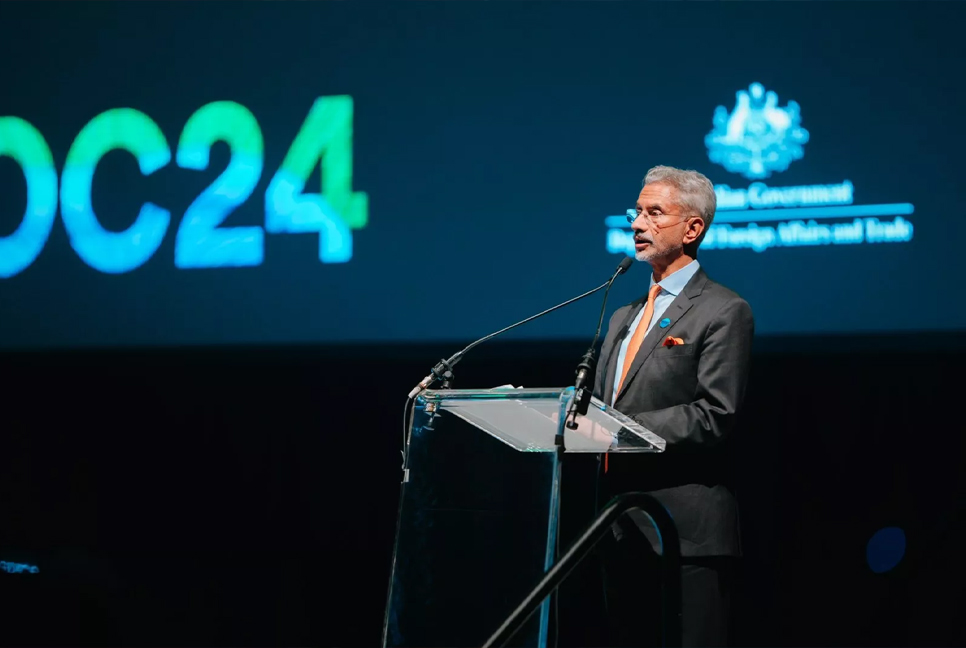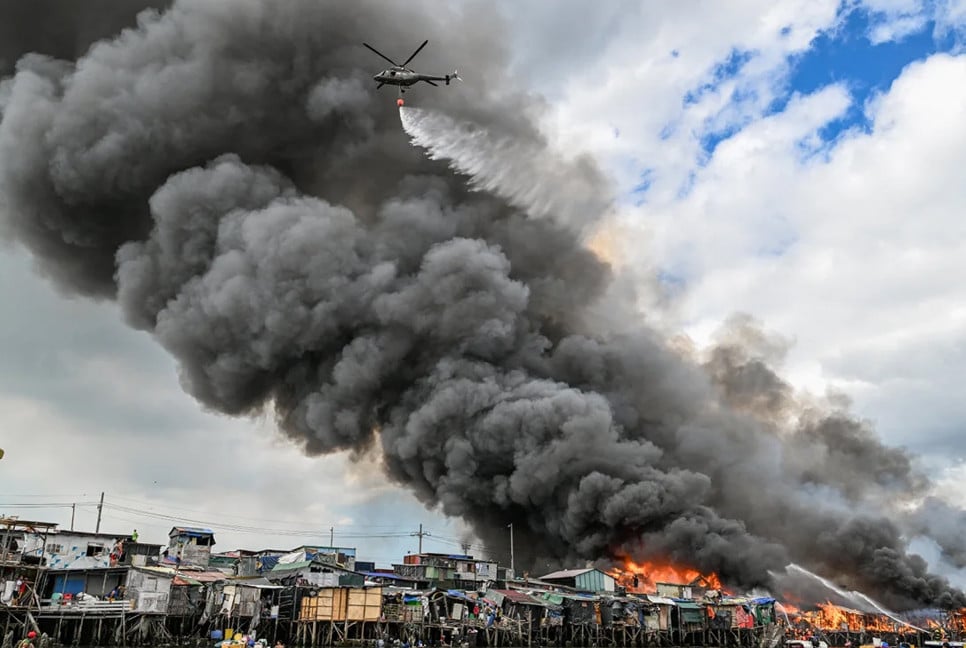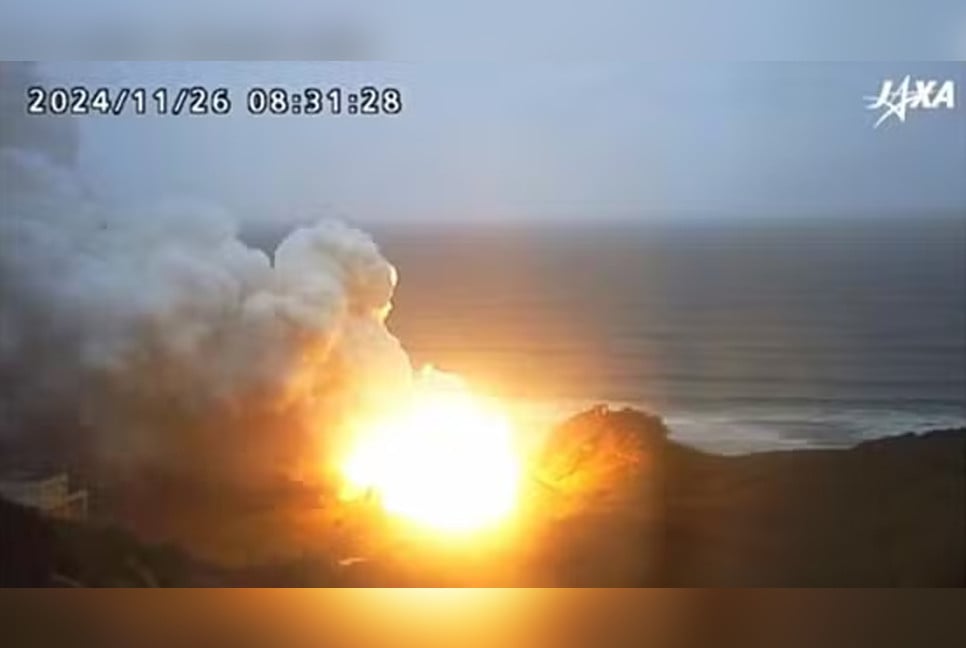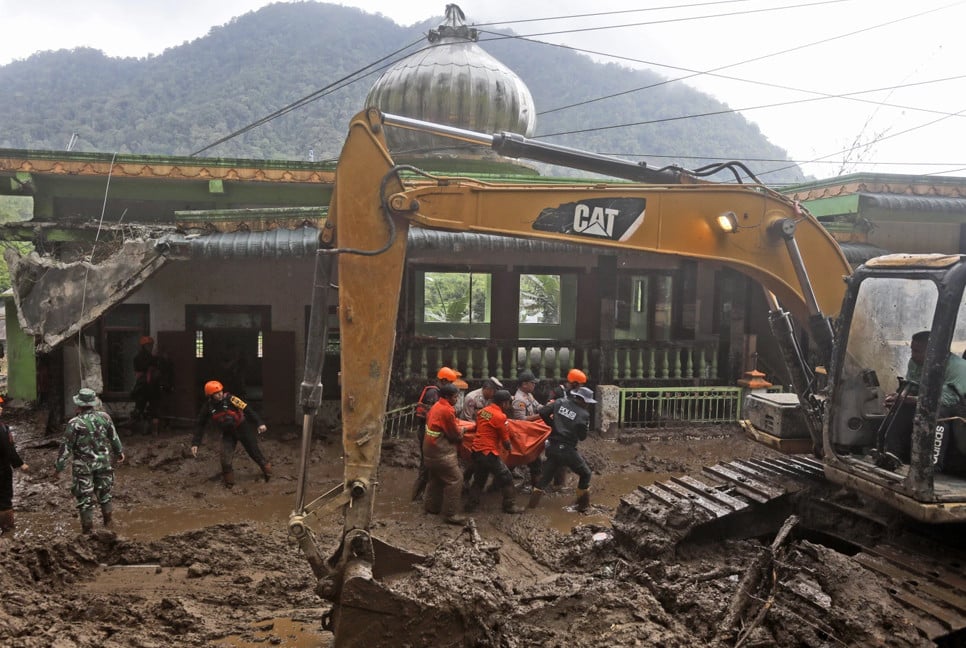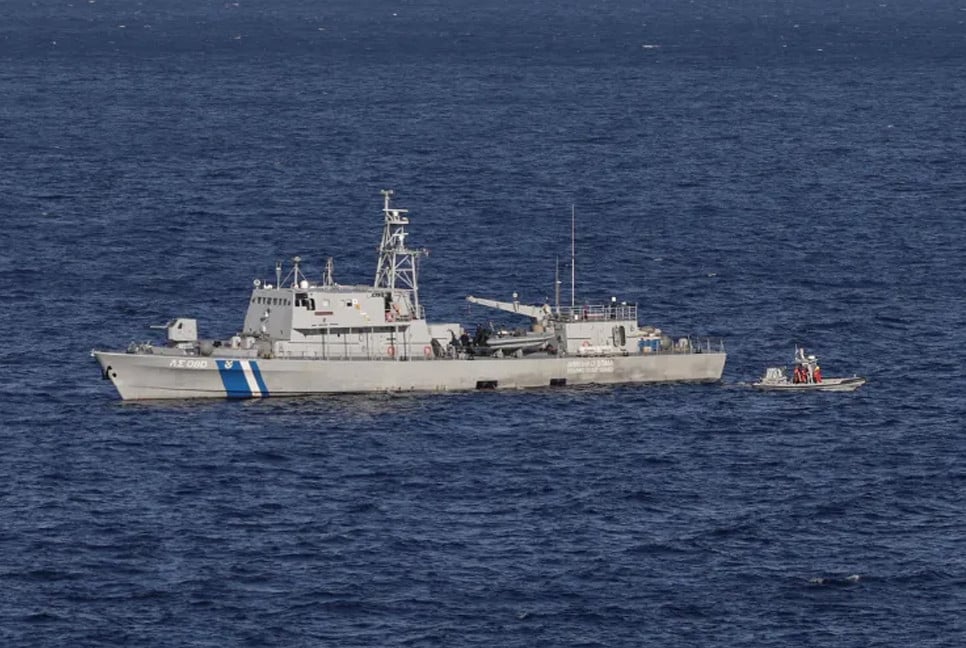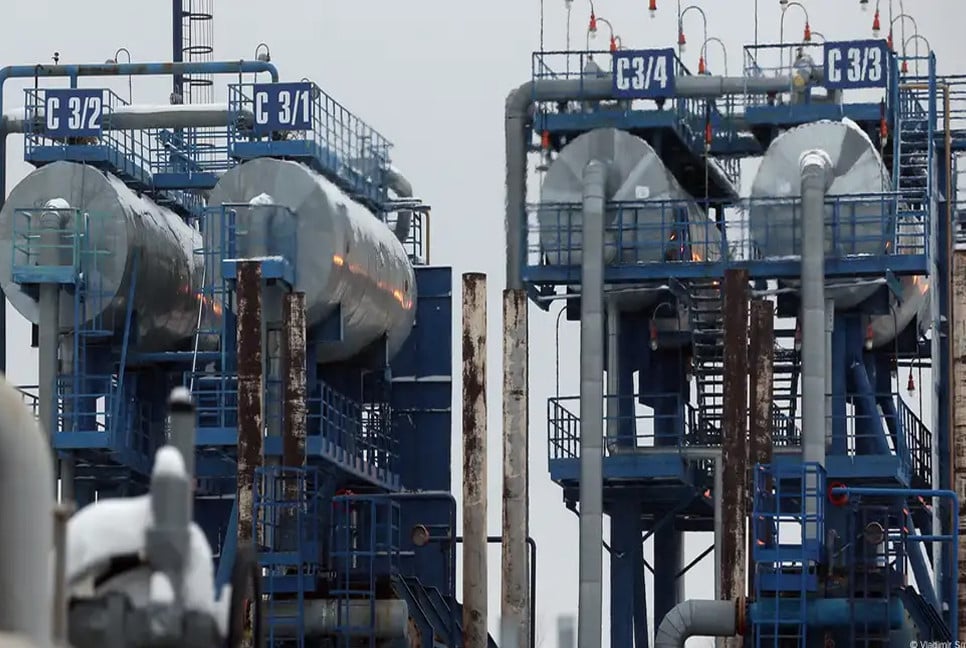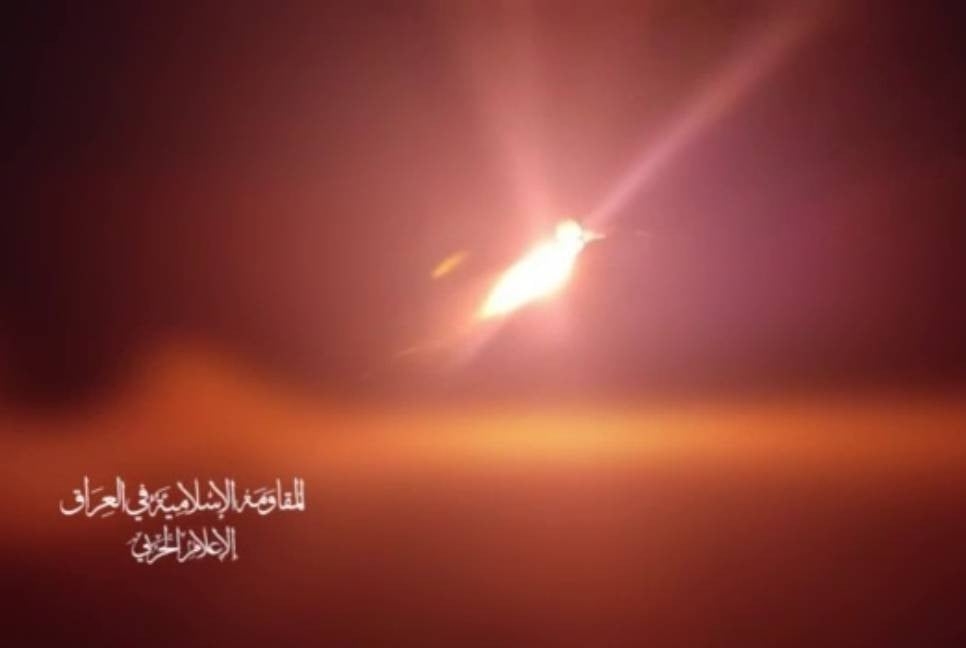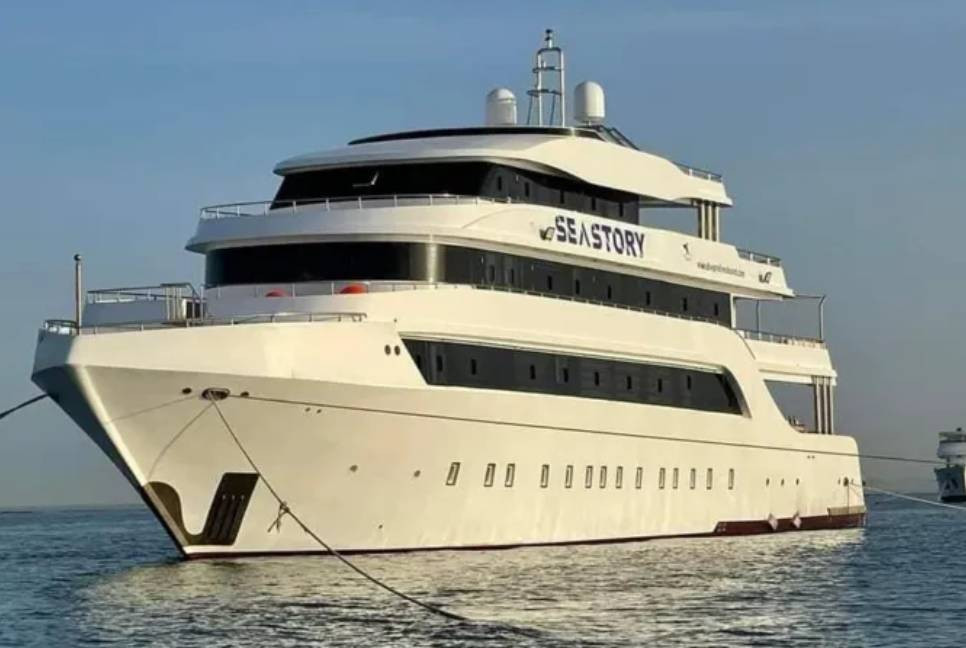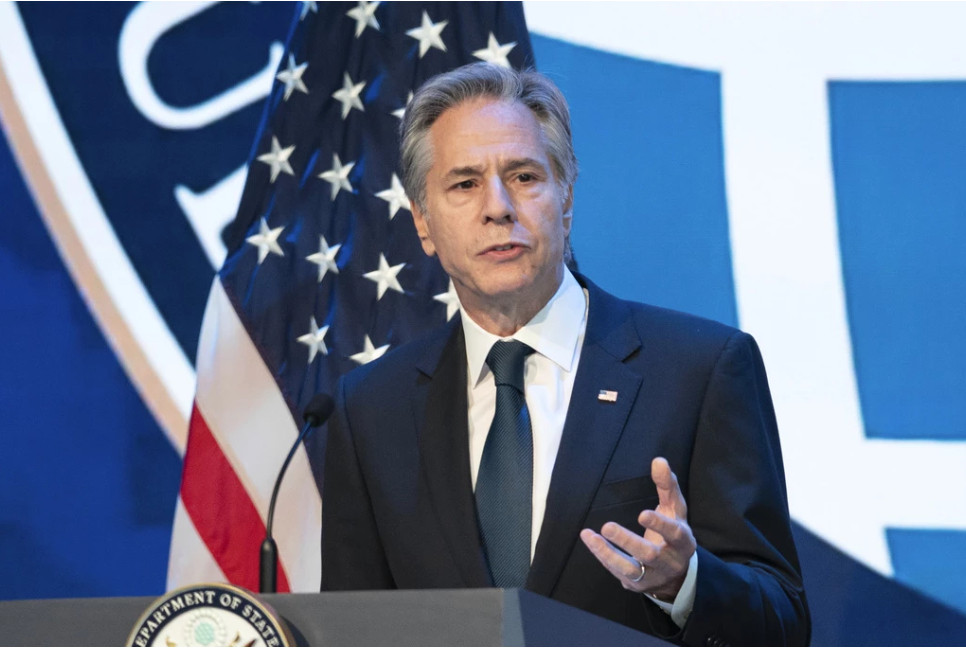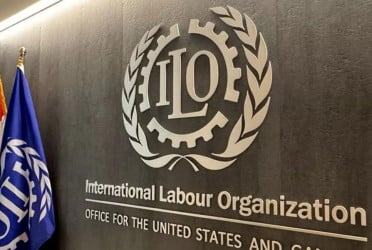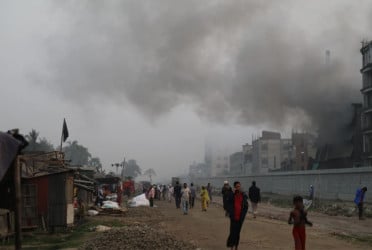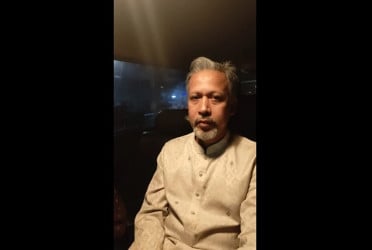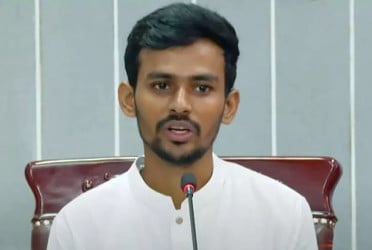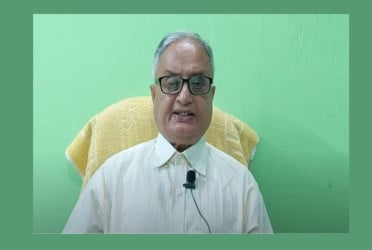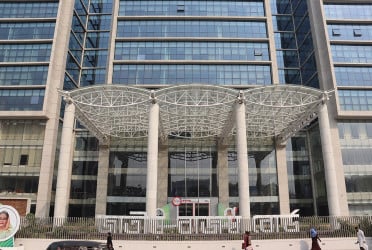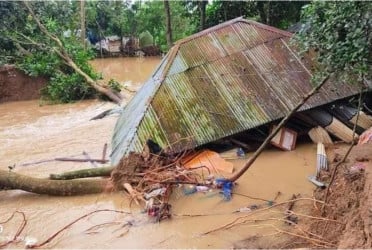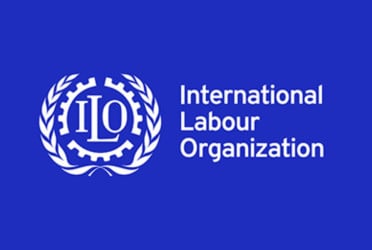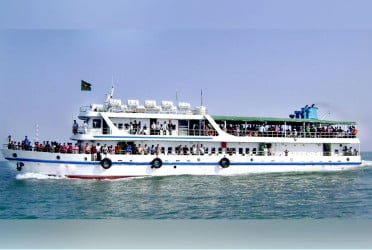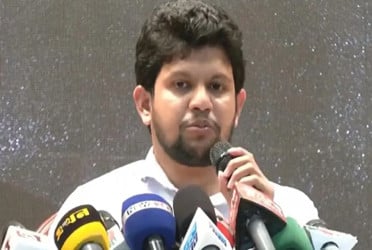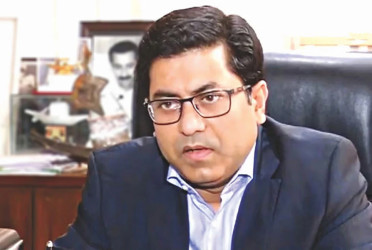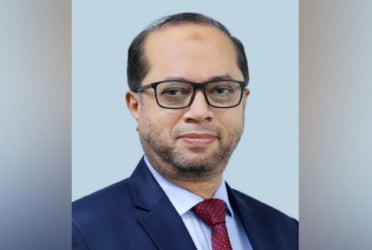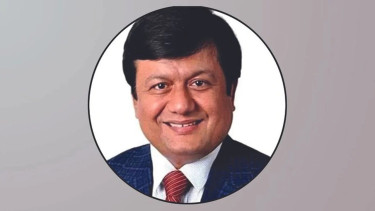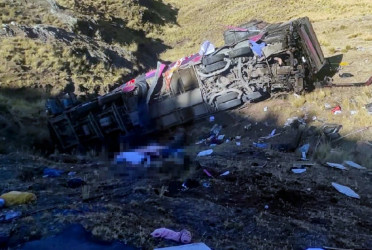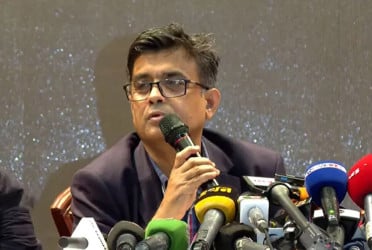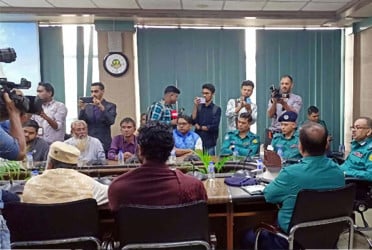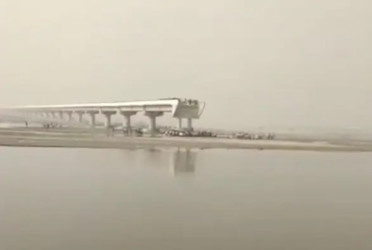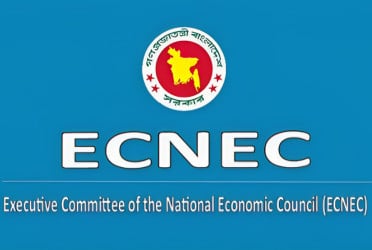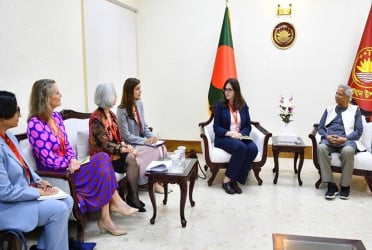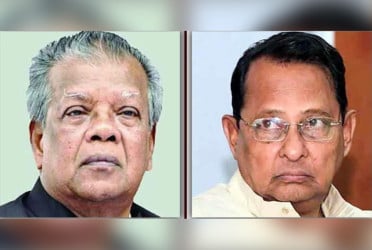Indian External Affairs Minister Dr S Jaishankar has said India hosts the BIMSTEC Centre for Weather and Climate near Delhi and efforts are underway to set up a BIMSTEC Energy Centre near Bengaluru, reports UNB.
In his keynote address at the 7th Indian Ocean Conference 2024 in Perth, Australia on February 9, he said BIMSTEC is an important regional forum covering the Bay of Bengal.
"For India, it is a convergence of our "Neighbourhood First” policy, or "Act East” outlook and the Indian Ocean interests," he said.
The Indian Minister said India is the lead country for the Security pillar of BIMSTEC, which covers counter-terrorism and transnational crime, disaster management and energy security.
"We have been organizing events and activities in areas ranging from agriculture, disaster management, space and remote sensing to transnational crimes, trade and investment," he said.
"We also offer research and higher education scholarships, while promoting common programmes. Infusing more resources and more energy into this grouping will certainly give it a greater role in the times ahead," Jaishankar added.
The theme of the 7th Conference is ‘Towards a Stable and Sustainable Indian Ocean’.
"Our concerns today also extend to grey areas of various kinds. Some may emanate from climate change and natural disasters. Disruptive events are occurring with greater frequency and deeper impact, forcing us all to factor them into our calculus of resilience," Jaishankar said.
"There are also the consequences of distant happenings, such as the fuel, food and fertilizer crises that many of us have experienced. But we should be equally conscious that the ‘normal’ can be manipulated, leading to unsustainable debt, opaque lending practices, unviable projects and injudicious choices," he added.
Similarly, Jaishankar said, there are the complexities of dual purpose agendas that mask visibility and lower their guard.
Indeed, he said, such activities when combined with the advancement of connectivity with strategic intent, has emerged as a growing anxiety for Indian Ocean states.
"Well before we come to policy responses, it is necessary to develop awareness and proper understanding," Jaishankar said.
To these gradually emerging developments, there is now also the challenges that are structurally inherent in the current form of globalization.
"Over-concentrations of manufacturing and technology are creating both supply-side risks, as well as the possibility of leveraging," he said.
Bd-pratidin English/Tanvir Raihan

